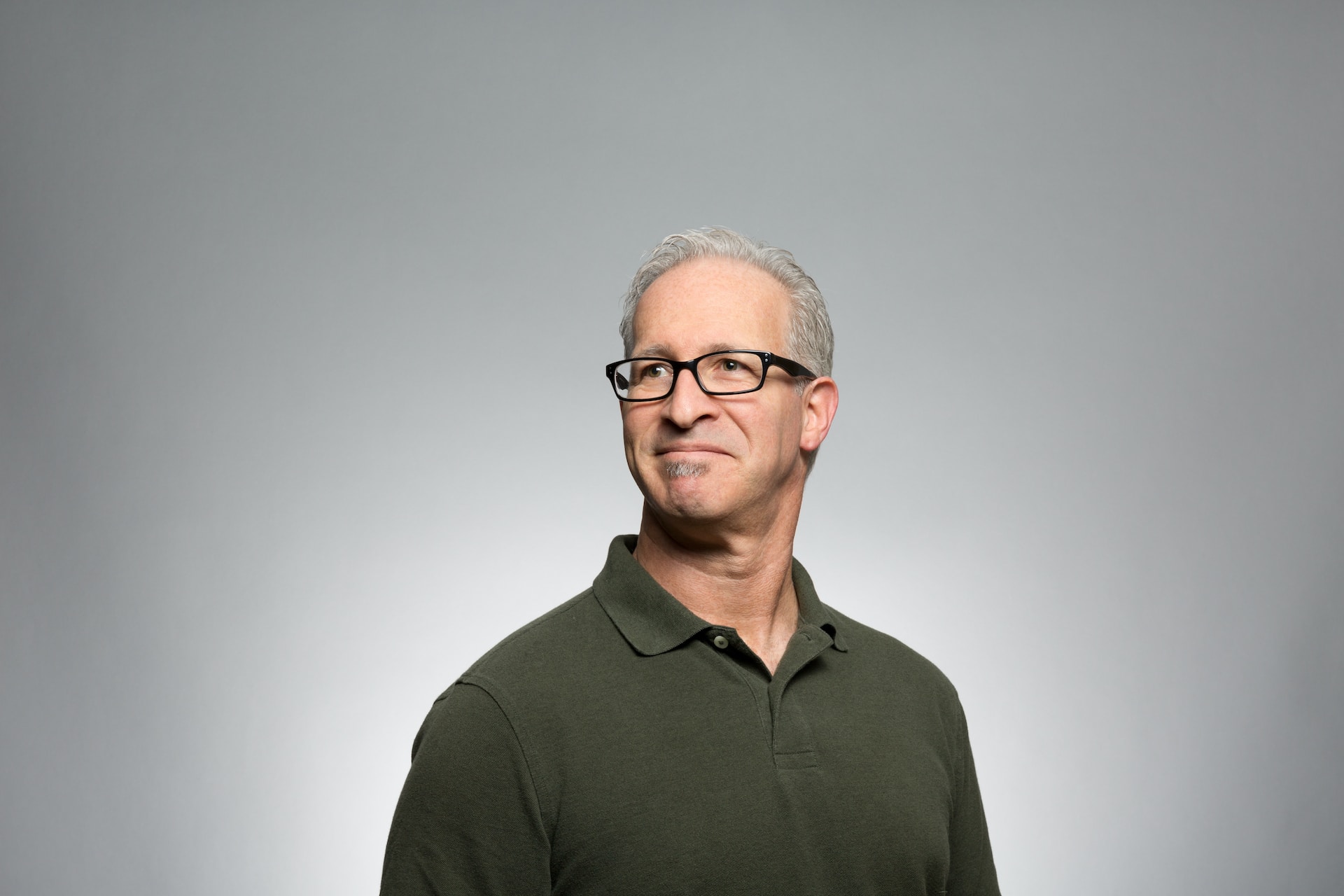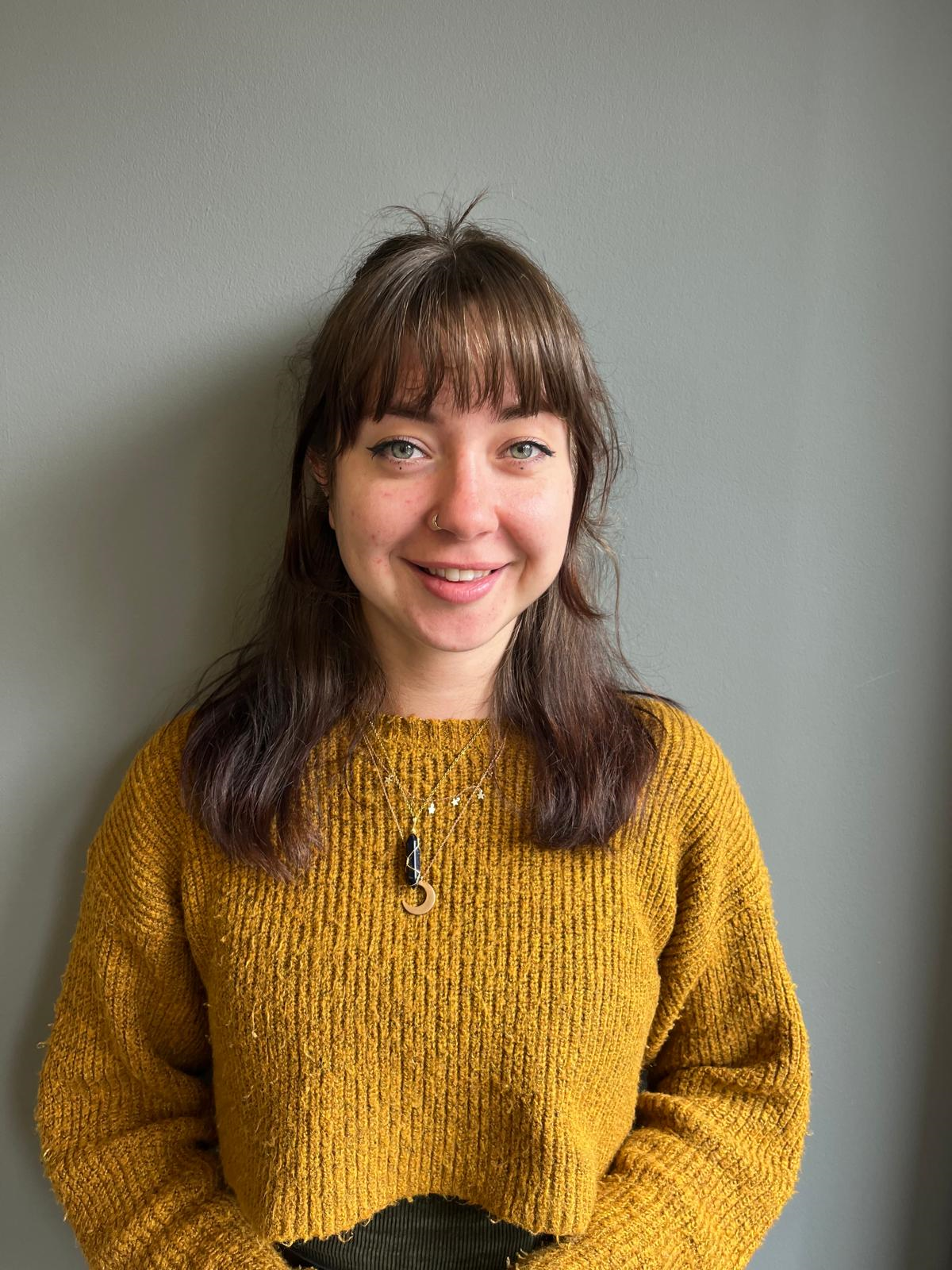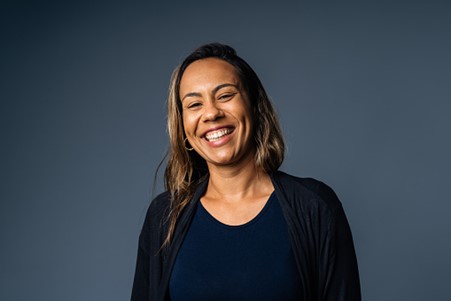
PLAB vs FRCR Oncology for GMC
07 Sep, 202311 Minutes
No matter your level of training or specialty, all international doctors must get on the GMC register before being able to practise medicine in the UK. Fortunately, there are several routes to do so. For Clinical Oncologists, the most common pathways are either PLAB or FRCR Oncology. Whether you have years of experience in Oncology or you have a single year of training after getting your PMQ, you can get GMC registered and start practising in the NHS.
Your route to getting GMC registered will determine the kinds of jobs you can apply for. One of the most common pathways is PLAB, an examination set by the GMC’s Professional and Linguistic Assessments Board that gets you access to junior level positions. There are also more specialised routes, such as FRCR Oncology. FRCR Oncology is much more focused than PLAB and it is based on the UK Oncology curriculum so it will give you access to more senior posts.
In this article, we will compare PLAB with FRCR Oncology to help you decide which pathway is the best one for you to take.
PLAB and FRCR Oncology: Who Are They For?
The first thing to check is who each examination is for and whether you meet the criteria.
PLAB
PLAB is an examination that proves you are on the same level as UK FY2 doctors. To take PLAB, you’ll need a primary medical qualification from somewhere on the World Directory of Medical Schools.
The purpose of PLAB is to ensure doctors can safely practise medicine in the UK. However, it doesn’t grant access to senior roles – instead, it’s for international doctors who haven’t long since attained their PMQ. If you don’t have much training overseas, you can take PLAB to demonstrate your medical knowledge and then begin your NHS career and apply to training at ST1 or ST3 level in the UK.
FRCR Oncology
FRCR Oncology offers a Fellowship of the Royal College of Radiologists. This qualification is for doctors wanting to prove their expertise and experience in Oncology so that they can practise at a more senior and, potentially, unsupervised level. As such, you should only take FRCR Oncology if you have a broad and deep understanding of this branch of medicine, as well as training and experience to back it up.
A good way to determine if FRCR Oncology is right for you is to look at the examination requirements – the Royal College of Radiologists asks for candidates to have at least three years of supervised Oncology training before taking the second exam. The reason they ask for that experience is that you likely won’t pass without it. With FRCR Oncology, you will need a lot of experience behind you – after all, it’s to prove that you have the clinical skills and abilities to practise Oncology as an independent doctor.
Also, unlike PLAB, FRCR Oncology is not reserved specifically for international medical graduates. Instead, this Royal College exam is for all doctors wanting to prove their Oncology skills and expertise to work in a senior-level position as an Oncologist – so it is open to both IMGs and UK-based doctors. UK doctors usually take FRCR Oncology towards the end of their specialty training; as an IMG, you can take it after pursuing your training overseas.
What Jobs do they Lead to?
A helpful way to decide between pursuing either PLAB or FRCR Oncology is by looking at the types of careers they lead to, always keeping in mind that FRCR Oncology provides access to more senior roles within the NHS.
PLAB
PLAB is one of the most common exams IMGs take to get GMC registered. However, it’s not a specialty-focused exam; instead, it’s a general medical exam that proves your capabilities as a doctor. As such, taking PLAB for GMC registration will not grant you access to specialist Oncology roles. Instead, PLAB typically leads to junior-level positions – you can start at FY2 level NHS jobs and work your way through the UK’s training system.
Do keep in mind, however, that passing PLAB does not mean you can’t become a senior-level Oncologist in the future! It will simply take more years to get there; you’ll have to complete training years in the UK to do so. It doesn’t prohibit you from applying for senior roles either, you will just find that your CV is less competitive and you’ll be up against those that have completed the FRCR exams.
FRCR Oncology
Getting your FRCR Oncology qualification opens you up to more senior roles (which is why FRCR Oncology requires much more specialised knowledge and experience). If you take and pass all parts of the FRCR Oncology exams, you can apply for NHS positions at level ST3+, as well as specialty doctor and specialist doctor positions.
You can even apply for Consultant level Oncology positions, assuming you meet the criteria! By using your FRCR Oncology qualification to get on the specialist register, you can begin your NHS career in a Consultant level Oncology position, which offers high levels of responsibility and a very attractive pay scale.
The Cost of PLAB vs. FRCR Oncology
The cost of moving internationally to work for a new medical system is high, and you need to include examinations in your budget. So, how much does each exam cost?
PLAB
As of April 2023, the cost of PLAB part 1 is £255, and part 2 is £934. Keep in mind that these prices typically increase each year, so you might pay more if you’re taking PLAB 2024 or beyond.
FRCR Oncology
The cost of FRCR Oncology differs depending on whether you are a Royal College member or not.
- Part One: £168 for members, £213 per module for non-members
- Part 2A: £464 for members, £591 for non-members.
- Part 2B: £663 for members, £844 for non-members.
As you can see, FRCR Oncology is costlier than PLAB. However, when considering the price of both of these exams, it’s important to also think about your future earnings. Yes – it’s true that PLAB is cheaper than FRCR Oncology; however, if you pass FRCR Oncology, you gain access to senior-level Oncology positions, which offer a higher salary than FY2-level roles. Just take a look at the NHS pay for doctors – foundation training means earning a salary between £32,396-£37,303 per year, whereas a specialist’s pay is between £83,945-£92,275. That’s a huge difference!
How Long Do They Take to Complete?
When applying for exams like these, you will naturally want to know how long it will take until you have the qualification. After all, the sooner you have either PLAB or FRCR Oncology, the sooner you can begin your journey working for the NHS.
PLAB
International doctors usually take between 1.5 to 2 years to complete their PLAB journey (assuming they do not fail any part). Keep in mind that you’ll need to take part 2 within three years of taking part 1.
FRCR Oncology
To take FRCR Oncology Part 2, you’ll need at least three years of clinical oncology training. That means it’ll take three years of training in your home country to be able to complete these examinations. Keep in mind that this is because FRCR Oncology proves that you are a competent doctor who can practise Oncology unsupervised – they need to be rigorous!
As you can see, FRCR Oncology will take a little longer to complete – unless you already have the necessary experience, you’ll need to pursue several years of clinical training in your home country before sitting them. Plus, preparing for FRCR Oncology will usually require more studying hours from you than PLAB, as the material is denser and more focused (that doesn’t mean PLAB exams are easy – just that FRCR Oncology is much more specialised and requires more years of practice).
Exam Structure: PLAB vs FRCR Oncology
Before sending in an exam application and paying the fee, it’s important to know what you’re getting into. Both the PLAB exams and the FRCR Oncology examinations are there to ensure you can practise medicine safely in the NHS. Yes – they are two entirely different levels, but they are still rigorous and require a lot of clinical knowledge and understanding from you. Only when you are fully prepared should you take these exams.
Here, we will show you exactly what to expect from both exam structures.
PLAB
The exam comes in two parts: one written exam and one practical exam. You have to sit both in test centres – you can take part one at multiple locations around the world, whereas part two can only be taken in the UK.
- PLAB 1
PLAB 1 is a multiple-choice examination consisting of 180 questions, with each question providing a typical medical scenario, a question, and five potential answers. Candidates get a total of three hours to answer. This exam tests your ability to use your medical knowledge in clinical situations, following the PLAB blueprint to ensure all passing candidates meet the same set of expectations regarding knowledge and skills.
- PLAB 2
PLAB Part 2 is an OSCE (objective structured clinical exam) that involves 16 8-minute scenarios that mimic clinical situations you would likely come across as a junior doctor at FY2 level. You’ll also get two rest stations at some point in the examination. The purpose of this exam is to test you on your ability to both use your clinical knowledge and how you use that knowledge on a patient, which is why you’ll come across simulation patients at most of the stations.
FRCR Oncology
FRCR Oncology includes Part 1, Part 2A, and Part 2B. These three exams are rigorous, testing your clinical understanding of oncology based on the specialty training curriculum.
- FRCR Oncology Part 1
FRCR Oncology Part 1 spans two days. There are four papers to take in total – you take the first two papers on day one and the last two on the second day.
Paper one has fifty questions and covers Cancer Biology & Radiobiology; paper two has forty questions and covers Clinical Pharmacology; paper three has fifty questions and covers Physics; paper four has forty questions and covers Medical Statistics. All questions are best-of-five and offer five potential answers for you to choose from.
- FRCR Oncology Part 2A
FRCR Oncology Part 2A covers topics related to malignant diseases. It consists of two papers, each presenting 120 questions in the best-of-five format.
- FRCR Oncology Part 2B
FRCR Oncology Part 2B has two exams – one is a clinical exam, and the other is an oral examination. Both of these will test your clinical abilities as well as your communication skills.
The first part of Part 2B – the clinical exam – will involve clinically assessing patients with malignant conditions. Then, the oral examination will involve a clinical discussion between you and the examiner, where you’ll discuss malignant scenarios. For example, you might look at and interpret radiological images.
Test Locations of PLAB and FRCR Oncology
The test locations of each exam differ – for PLAB Part One, for example, you can take it in multiple locations around the world, whereas PLAB Part Two only takes place in the UK. The FRCR Oncology examinations mainly take place in the UK, with a couple of options worldwide.
PLAB 1
UK Locations:
- Belfast
- Birmingham
- Cardiff
- Edinburgh
- London
- Manchester
- Newcastle
- Oxford
- Sheffield
Overseas Locations:
- Sydney, Australia
- Dhaka, Bangladesh
- Toronto, Canada
- Alexandria, Egypt
- Cairo, Egypt
- Accra, Ghana
- Bangalore, India
- Chennai, India
- Hyderabad, India
- Kolkata, India
- Mumbai, India
- New Delhi, India
- Nairobi, Kenya
- Abuja, Nigeria
- Enugu, Nigeria
- Lagos, Nigeria
- Islamabad, Pakistan
- Karachi, Pakistan
- Dublin, Republic of Ireland
- Riyadh, Saudi Arabia
- Johannesburg, South Africa
- Madrid, Spain
- Colombo, Sri Lanka
- Dubai, UAE
PLAB 2
You can only take PLAB 2 in the UK. There are two assessment centres you can take PLAB 2 at – both are in the city of Manchester, which is in the North West of England. As such, you will need to get a visa and travel to the UK to complete PLAB.
FRCR Oncology Part 1
UK Test Locations:
- Belfast
- Bridgend, Wales
- Crewe
- Edinburgh
- Glasgow
- Leeds
- London
Overseas Locations:
- Hong Kong
- Kolkata, India
FRCR Oncology Part 2A
UK Test Locations:
- Belfast
- Bridgend, Wales
- Crewe
- Edinburgh
- Glasgow
- Leeds
- London
Overseas Locations:
- Hong Kong
- Kolkata, India
- Singapore
FRCR Oncology Part 2B
UK Test Locations:
- Belfast
- Bridgend, Wales
- Crewe
- Edinburgh
- Glasgow
- Leeds
- London
Overseas Locations:
- Hong Kong
- Kolkata, India
Getting on the Specialist Register
As we mentioned earlier, FRCR Oncology can lead to a job as a Consultant Oncologist. However, it’s not enough to take FRCR Oncology and then apply to Consultant level roles – the qualification itself doesn’t guarantee you a permanent Consultant position! To do that, you need to get on the specialist register.
Fortunately, FRCR Oncology is a great step along the road to specialist registration. As an international doctor, you can go through the CESR/Portfolio Pathway route. This is the Certificate of Eligibility for Specialist Registration, which is equivalent to CCT but is for doctors who have not completed GMC-approved training in the UK. The CESR/Portfolio Pathway application requires you to collect evidence, including work experience, qualifications, and skills/competencies, to demonstrate your ability to practise Oncology unsupervised.
Some IMGs do part of their specialty training overseas, and some of it in the UK. In this case, you can do the CESR-CP route, which allows you to use your specialty training from your home country as well as your GMC-approved training to get on the specialist register.
Taking PLAB can also eventually lead to getting on the specialist register, but the journey there will be much longer, as you’ll have to pursue specialty training in the NHS. After completing FY2, you can go on to doing ST1+2 in Oncology, before progressing to ST3+ (middle grade positions). At the end of your specialty training, you can then get your CCT to get on the specialist register. Overall, it takes around eight years of training to become a consultant Oncologist if you do all your training in the UK.
Getting GMC Registered with PLAB or FRCR Oncology
One of the biggest reasons international doctors take the PLAB or FRCR Oncology examinations is to get GMC registered. With either one of these qualifications, you can use it to get your licence to practise medicine in the UK, so you can start applying to UK-based positions and working as an NHS doctor.
On top of either PLAB or FRCR Oncology, here is what you will need to get GMC registered:
- Primary Medical Qualification
This is your main qualification from medical school. Keep in mind that the General Medical Council has a list of acceptable overseas qualifications, so check that out before sending in your application.
- Knowledge of the English Language
As you’ll be working in the UK, you must demonstrate you can communicate well in English. To do this, you can either take the IELTS or OET examinations.
- Evidence or Internship/Experience
The GMC requires a minimum of 12 months of medical experience. You can prove that with either a certification or a letter.
- Certificate of Good Standing
You’ll need to obtain a certificate of good standing from each regulatory medical body you’ve worked at during the last five years, whether that’s one hospital or multiple.
You’ll also need your passport and evidence of your last five years of activity. Once you have all of that, you can apply for GMC registration online.
Also, remember that FRCR Oncology doesn’t just grant access to GMC registration – it could also get you on the specialist register if you take the CESR/Portfolio Pathway route, and with this you can apply to Consultant-level Oncology positions in the NHS. Doing so will grant you far more responsibility and a higher salary as soon as you start working in the UK.
In Summary
When it comes to choosing between PLAB and FRCR Oncology, what you need to keep in mind the most is your current level of training and your overarching goals. The two main key points to remember here are:
- PLAB gets you access to junior-level NHS positions
- FRCR Oncology proves your ability to work in more senior specialist posts
With PLAB, you can begin your NHS journey at FY2 or ST1/2, later specialising in Oncology and working your way through the UK training system. On the other hand, with FRCR Oncology, you can demonstrate your Oncological skills and experience before starting work in the UK at an ST3 level or even using it to get on the specialist register and start your NHS career as a Consultant.
Still need help figuring out which examinations you should take to begin your journey to working in the UK? Get in touch with the BDI Resourcing team – we have assisted hundreds of Oncology doctors pursuing their career goals at some of the UKs most prestigious cancer centres.



